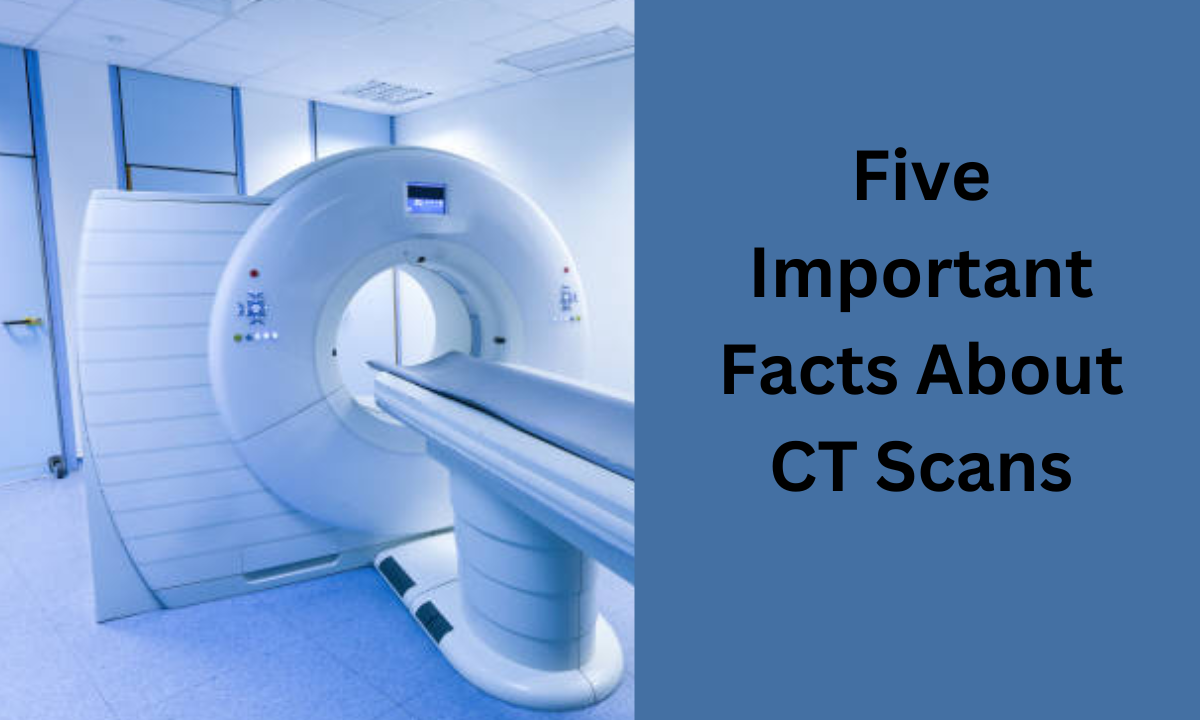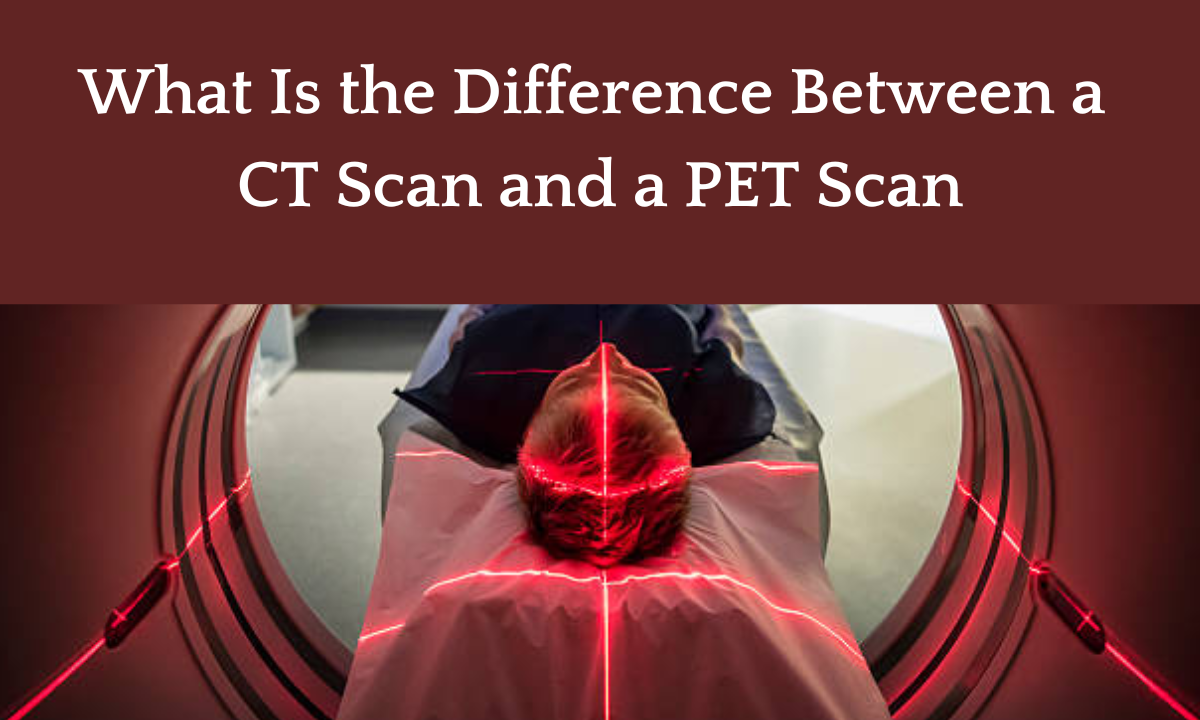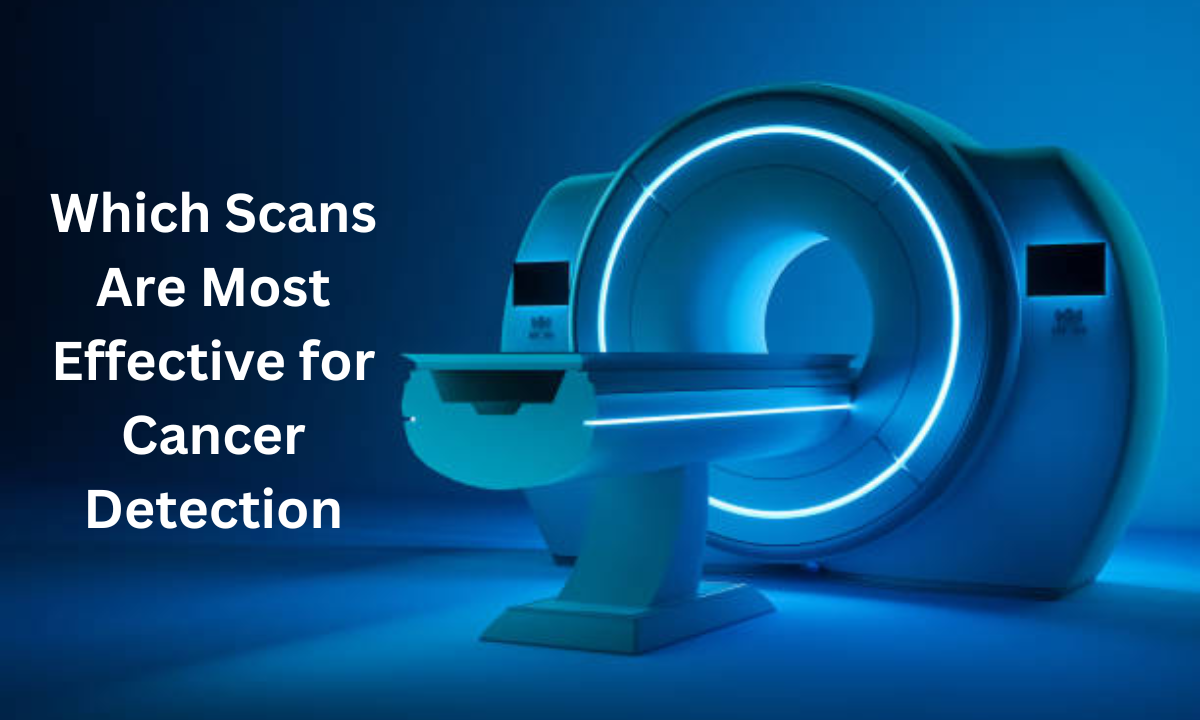Introduction
A significant development called PSMA-PET has taken the front stage in the quickly changing prostate cancer detection and therapy landscape. This remarkable imaging method, which the FDA only recently authorized, has the potential to completely alter how we identify and treat prostate cancer. This cutting-edge scan provides previously elusive information by fusing the specificity of prostate-specific membrane antigen (PSMA) with the accuracy of positron emission tomography (PET). We examine this article’s five critical facets of PSMA-PET, illuminating its importance, usefulness, safety, patient compatibility, and accessibility.
Decoding PSMA-PET: Combining Precision and Specificity
PSMA-PET is fundamentally a synthesis of science and technology. The protein known as PSMA, or prostate-specific membrane antigen, is mostly present on the surface of prostate cancer cells. This inherent characteristic offers a crucial target for precise cancer diagnosis. PSMA-PET is a potent imaging method combined with PET (positron emission tomography), which uses radioactive tracers to see disorders within the body. With the help of this fusion, doctors can spot and keep an eye on prostate cancer even in its early, less noticeable stages. Unlike conventional techniques, PSMA-PET can identify even a few cancer cells.
The PSMA-PET Mechanism: Illuminating the Invisible
Patients who undergo a PSMA-PET technique are injected with a mildly radioactive chemical attracted to PSMA. This chemical releases signals after administration that shine during a full-body scan. The result is a detailed map that shows exactly where prostate cancer cells are found throughout the body. Precision imaging is made possible by the unique radioactive tracer gallium-68 employed in this FDA-approved PSMA-PET. According to researchers, PSMA-PET will revolutionize the field of metastasis detection by allowing the development of individualized treatment plans based on precise disease distribution.
Removing Radiation Fears: A Secure Diagnostic Aid
Radiation may cause anxiety. However, PSMA-PET uses a very small quantity of radioactive material that offers no risk. The FDA’s clearance, a result of extensive testing and years of clinical study, confirms the safety profile of PSMA radiotracers. Even less radiation is emitted during PSMA-PET/CT scans than during traditional imaging procedures. Therefore, the advantages of early cancer diagnosis far exceed any minor hazards involved.
Patient Suitability Customization: Precision Medicine in Action
Although the introduction of PSMA-PET is a significant development, it’s crucial to recognize its limited application. Before a prostatectomy or radiation treatment, high-risk patients are the focus of FDA approval, as are those who have had localized prostate cancer treatment and have increasing prostate-specific antigen (PSA) levels. This demonstrates how important PSMA-PET is for detecting distant illnesses and assisting patients in making treatment choices at crucial stages of their cancer journey.
Navigating a New Era: Accessing PSMA-PET
The FDA’s approval of PSMA-PET marks a fundamental change in how prostate cancer is treated. Since introducing an alternative imaging agent, 18F-DCFPyL, its accessibility has grown beyond the original California centres like UCLA and UCSF. This growth has made it possible for many medical facilities in the United States to provide the scan, raising the prospect of greater accessibility for patients. Furthermore, enhancing the uses and effects of PSMA-PET is a goal of ongoing clinical investigations.
Conclusion
PSMA-PET appears as a ray of hope for detecting and treating prostate cancer. Its combination of PSMA specificity and PET accuracy provides a revolutionary method for identifying and comprehending the condition. PSMA-PET allows medical practitioners to individually adapt therapies for the best results since it exposes the body’s secret regions and reveals the existence and location of prostate cancer cells. PSMA-PET is a shining example of the beautiful symbiosis between cutting-edge research and compassionate treatment thanks to its demonstrated safety, improving patient criteria, and expanding accessibility. In the fight against prostate cancer, PSMA-PET is prepared to change the game for individuals looking for a better future.






